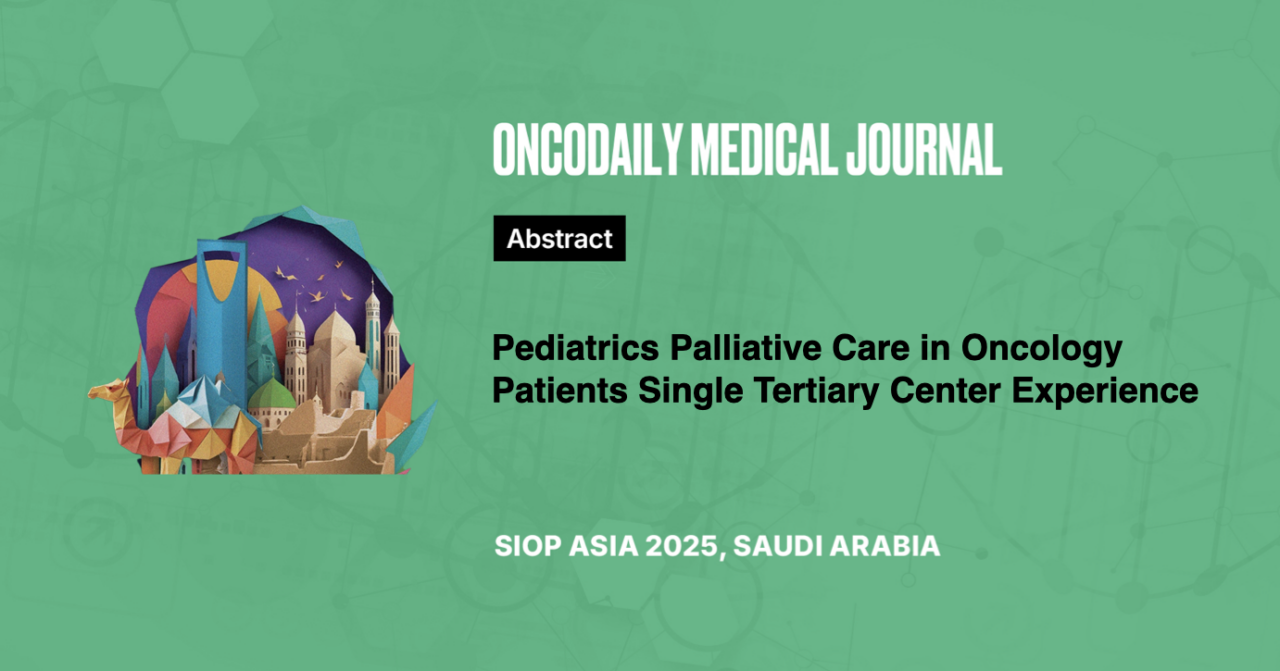Pediatrics Palliative Care in Oncology Patients Single Tertiary Center Experience
Abstract
Introduction: Pediatric palliative care enhances the quality of life for children with life-threatening conditions through symptom management,psychosocial support,and assistance in medical decision-making. Early referrals, improve end-of-life care, reduce hospitalizations, and enhance family preparedness. Referral drivers include symptom management and counseling needs,with cultural factors and oncologists’ familiarity with PPC influencing its implementation.
The aim was to evaluate the utilization and outcomes of PPC services in the pediatric oncology department.
Methodology: This retrospective chart review study was conducted at King Abdullah Specialized Children’s Hospital.It analyzed 55 PPC consultations for pediatric oncology patients from 2018 to 2023.
Results: A total of 55 pediatric oncology patients were included, with an almost equal gender distribution (females:50.9%,males: 49.1%; mean age: 7.5 years). PPC referrals were prompted by hematologic malignancies (27.3%),solid tumors (36.4%), and CNS tumors (40.0%). Referrals peaked in 2018 (29.4%) and 2022 (28.9%) for CNS/solid tumors but were consistently lower for hematologic malignancies (10.0%–4.9%). The primary referral reasons included disease progression (87.0%) and relapse (54.5%). Hematopoietic stem cell transplantation was performed in 25.5% of cases. Pain management was the most common trigger for PPC referrals (69.0%), with 80.0% of patients receiving morphine.
Most patients achieved effective pain control. Mortality was notably high among patients with metastasis (100%, p=0.041) and disease progression (97.9%, p=0.041), underscoring the link between PPC and end-of-life care. Hematologic malignancy referrals had shorter delays (20.8 days) compared to other cancers (65.7 days, p=0.030), emphasizing the need for timely PPC in advanced disease management.
Conclusion: Despite its critical role in pediatric oncology, PPC remains underutilized,with delays in referral impacting outcomes. Among the few patients referred,care varied based on symptom complexity and management needs. Effective pain control and symptom relief reduced emergency visits and facilitated death in preferred settings, highlighting the importance of PPC in improving end of life outcomes, particularly for advanced-stage disease.





